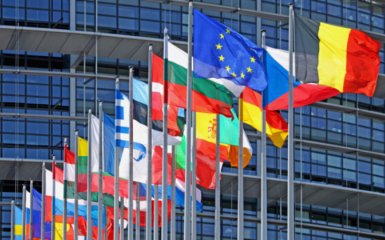The German Federal Intelligence Service (BND) and the Bundeswehr have concluded that Russian dictator Vladimir Putin perceives relations with the West as a systemic conflict and is preparing for a major war with NATO.
Points of attention
- Despite the current limitations on Russia's forces and resources, there are concerns that Russia could conduct a limited military operation to test NATO's preparedness for defending its member states.
- The international community is urged not to overlook the combat readiness of the Russian air force and navy, emphasizing the potential threat posed to the Baltic countries once the conflict with Ukraine subsides.
Russia may still start a war against NATO
A new report by German intelligence agencies suggests that the Putin regime is determined to use force to achieve its goals.
In addition, it is indicated that by the end of 2030, Putin may be fully ready for a "large-scale conventional war."
According to the Lithuanian special service VSD, the aggressor country currently does not have enough forces and resources to launch an attack on the entire alliance.
Despite this, Russia could "test NATO" by conducting a limited military operation against one or more member states to determine how seriously the bloc is prepared to defend all of its members.
German intelligence officials are urging the international community not to ignore the fact that the Russian air force and navy remain combat-ready.
If the Russian Federation's war against Ukraine ends, they could be quickly transferred to the borders with the Baltic countries.






